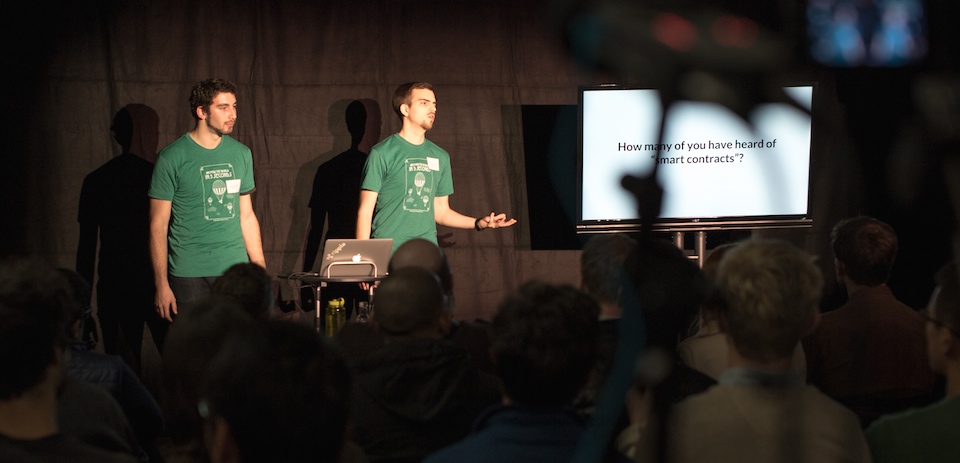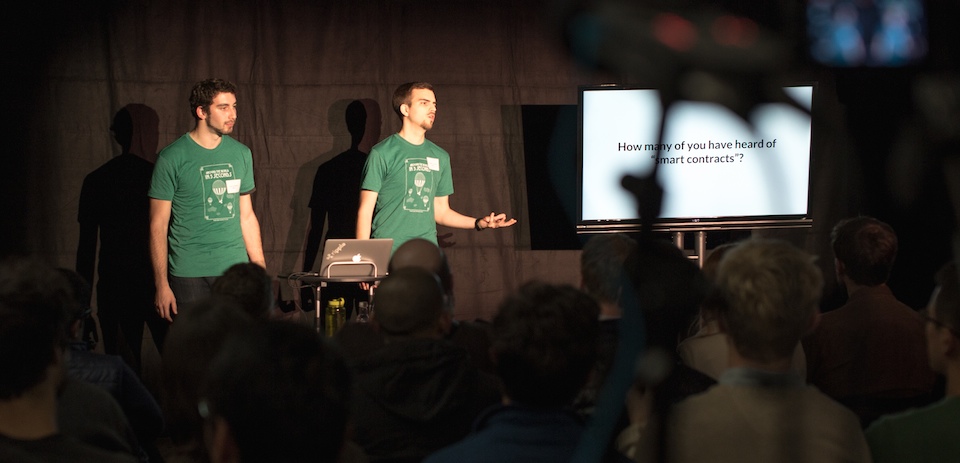 In its comprehensive report on the impact of emerging payment schemes, the message of the World Economic Forum (WEF) is clear—the industry must integrate legacy systems with new technologies in order the leverage the best of both worlds.
In its comprehensive report on the impact of emerging payment schemes, the message of the World Economic Forum (WEF) is clear—the industry must integrate legacy systems with new technologies in order the leverage the best of both worlds.
The report, which had a mandate to “explore the transformative potential of new entrants and innovations is the culmination of “extensive outreach and dialogue with the financial services community, innovation community, academia and a large number of financial technology startups” over the course of fifteen months.
The release of the WEF report follows a string of analysis on innovation in the payments space done by various industry organizations from the European Banking Association to Santander bank in Spain.
As part of the report’s key findings for payments, the WEF concluded that the greatest potential for “decentralized and non-traditional payment schemes” such as distributed ledgers “may be to radically streamline the transfer of value, rather than as store of value”—thus creating “competitive pressure for the value transfer rails to become faster, cheaper and more borderless.”
In other words, decentralized payment schemes are all but declared heir apparent to legacy banking structures, allowing for the possibility that nontraditional payments networks could rival, disrupt, or be assimilated into the traditional financial network.
It does not frame this as a question of if, but as a series of predictions of who, when, and how. Specifically, the WEF foresees three possible outcomes outlined in the report:
- Compete with an alternative network of financial providers
- Facilitate alternative payment schemes as complements
- Provide leaner, faster payment options within the existing network
In the first outcome, the two systems—the traditional and more modern financial systems—would remain disparate and have limited interaction with one another. This scenario is predicted to drive innovation, but possibly also expose consumers to unfamiliar risks.
The third outcome is considered the least likely—that incumbent institutions might transform their own payment and settlement systems, responding to competition with innovation to match. The financial industry is a slow-moving beast. Still, it appears many institutions get the picture. Banks like UBS, Deutsche Bank, and Citi are all betting big on fintech, launching so-called “innovation labs” around the world to experiment with new ideas.
But the WEF views the second outcome as the most productive, where the traditional banking structures adopt and integrate innovative technologies, fostering an ecosystem that combines the speed and ease of use of newer tech with the established identities of long-standing banks and improving the connectivity of historically siloed financial institutions.
The examples WEF provides (Fidor with Ripple and CIC with M-Pesa) represent this blending of establishment and disruptors offering “could be easily used for real-time payment and settlement between these institutions with no automated clearing house or correspondent banks required.”
This reality, the WEF suggests, represents the best of both worlds; the positioning and consumer confidence of legacy banking combined with the improved efficiency and compatibility with the real-time world that technologies can offer.
Read the World Economic Forum’s full report here
Follow Ripple on Twitter










